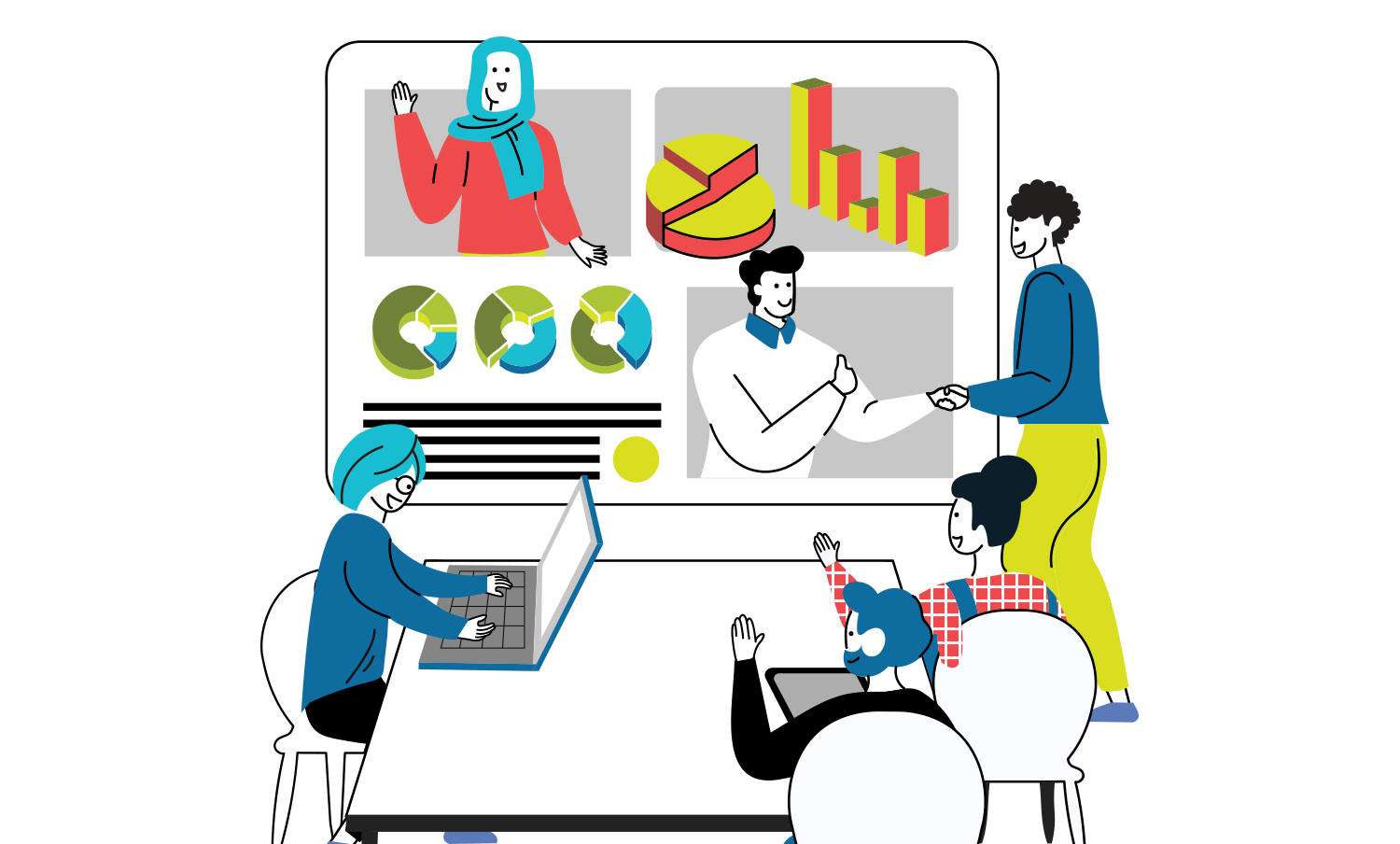Introduction
Social impact organizations are increasingly using data to support their mission and their operations. The application of data for social impact spans across sectors; from data analytics for rural development to artificial intelligence for healthcare and agriculture and blockchain for digital identities.
Despite good intentions, data is sometimes collected, analyzed, and used in ways that can replicate or even amplify existing injustices and inequalities. This happens because data and data-driven technologies are often treated as neutral tools when, in reality, they reflect human biases. In this guide, we’ll examine methods that social impact organizations (SIOs) can use to apply intersectionality and inclusion, diversity, equity, and access (IDEA) lenses to their organization’s culture.
What is Intersectionality?
Intersectionality is the idea that all oppression is linked and multifaceted. This concept was originated by Kimberlé Crenshaw, a renowned African-American legal scholar, and Co-Founder and Executive Director of the African American Policy Forum. This concept is defined as the interconnected nature of social categorizations such as race, class, and gender, regarded as creating overlapping and interdependent systems of discrimination or disadvantage. Intersectionality is the acknowledgment that everyone has their own unique experiences of discrimination and oppression and therefore, we must consider everything and anything that can marginalize people – gender, race, class, sexual orientation, and physical ability.
What is IDEA?
IDEA is an acronym for Inclusion, Diversity, Equity, and Access. IDEA highlights efforts toward underserved communities by addressing structural inequities.
Organizations that embrace IDEA are able to foster cultures that minimize bias and recognize and address systemic inequities, which, if unaddressed, create disadvantages for certain individuals or groups.
- Inclusion: All feel welcomed and valued
Inclusion is the act of creating environments in which any individual or group can be and feel welcomed, respected, represented, supported, and valued to fully participate. - Diversity: All the ways we differ
Diversity includes all of the ways in which people differ, encompassing the different characteristics that make one individual or group different from another. While diversity is often used in reference to race, ethnicity, and gender, we embrace a broader definition that also includes age, national origin, religion, disability, sexual orientation, socioeconomic status, education, marital status, language, physical appearance, geography, and any other identifiers that make one individual or group different from another. - Equity: All have the opportunity to fully participate
Equity encompasses the policies and practices used to ensure fair treatment, access, opportunity, and advancement for all people, while at the same time trying to identify and eliminate barriers that have historically prevented the full participation of some individuals or groups. - Access: Of any and all abilities
Access refers to the commitment for everyone to be included in all programs and activities.
In this Guide
- Resources to implement IDEA principles in your organization’s culture
- Learn about decolonizing data
- Additional toolkits to get started
Implementing IDEA principles in your organization’s culture
Change mindsets. Change practices. Change culture. Change outcomes.
These approaches are the bedrock of many inclusion, diversity, equity, and access (IDEA) programs—and the pressure to get results from these efforts has never been higher.
Organizations can bridge the gap between IDEA-conscious practices like recruiting and promotion with leaders’ aspirations to evolve company culture. The bridge is data. Data can be used to connect the small moments that collectively determine the real change in workforce representation to the strategic outcome CEOs desire.
About Decolonizing Data
Decolonizing is a restorative justice movement that seeks to address the ongoing influence of colonial legacies. The precise meaning of ‘decolonizing’ is varied and contested in both academia and in practice. Despite this, many agree that it is about critically examining how colonial power structures continue to produce inequalities today and the changes we can make to address those inequalities.
Decolonizing encompasses various perspectives and approaches and is an emergent conversation across different fields such as education, journalism, media, and international development. In the context of data for development, decolonizing approaches focus on how data-based technologies are reproducing and reinforcing colonial structures of inequality.
6 Steps to Get Started on Decolonizing Data for Development (data.org)
3 Ways To Decolonize Your Nonprofit As Told By A Black Queer Feminist Organizer (Everyday Feminism)
Abigail Echo-Hawk on the Art and Science of ‘Decolonizing Data’ (Crosscut)
Decolonising Data (Digital Freedom Fund)
Decolonising Data (Data4Good)
Toolkits to Get Started
Here are some toolkits for your social impact organizations to get started with a data-driven approach to implement IDEA and intersectionality principles in your organizations.
Conclusion
Just as the process of colonization took centuries and didn’t end when empires were abolished, the process of embedding the principles of intersectionality and IDEA in organizations’ data practices will take some time. It can sometimes be overwhelming when people look at the sheer amount of change that needs to occur. Social impact organizations can all start by taking small but meaningful steps to educate themselves, be more critical and reflective in their own work, and strive towards outcomes that empower all stakeholders involved in data for development interventions.
Join Our Community
Make connections with other social impact organizations and receive a curated listing of community and data.org events and opportunities.
By submitting your information and clicking “Submit”, you agree to the data.org Privacy Policy and Terms and Conditions, and to receive email communications from data.org.
